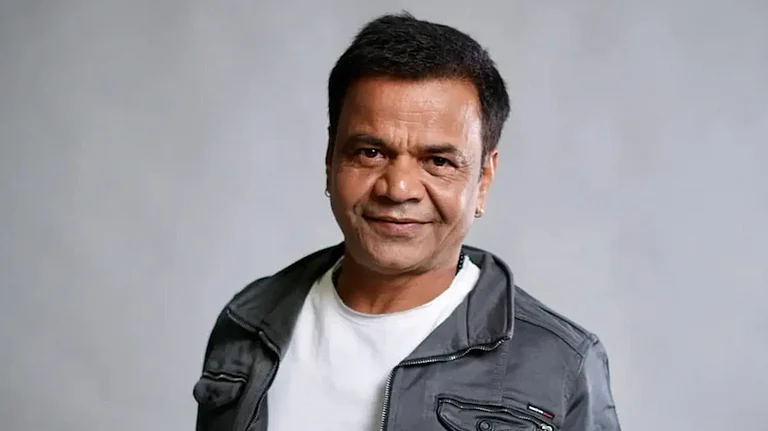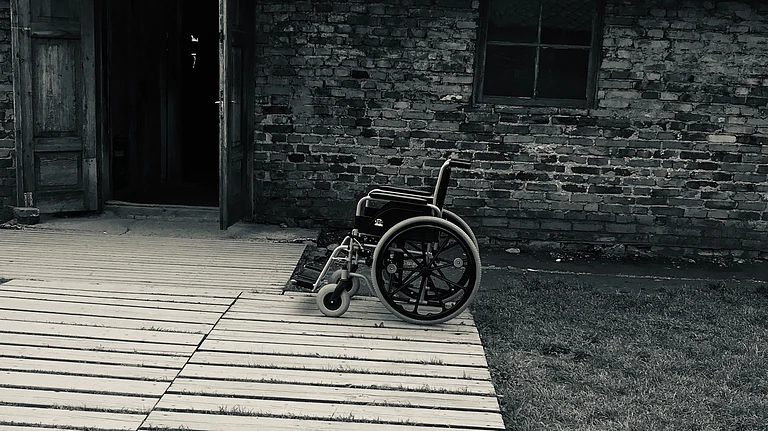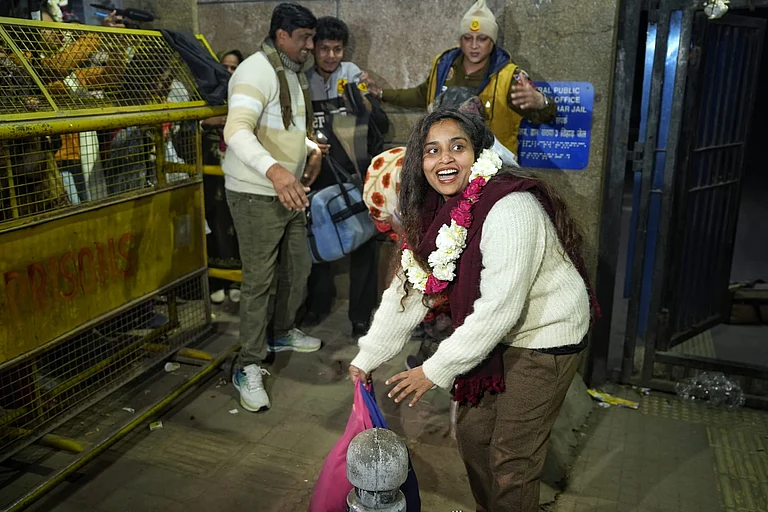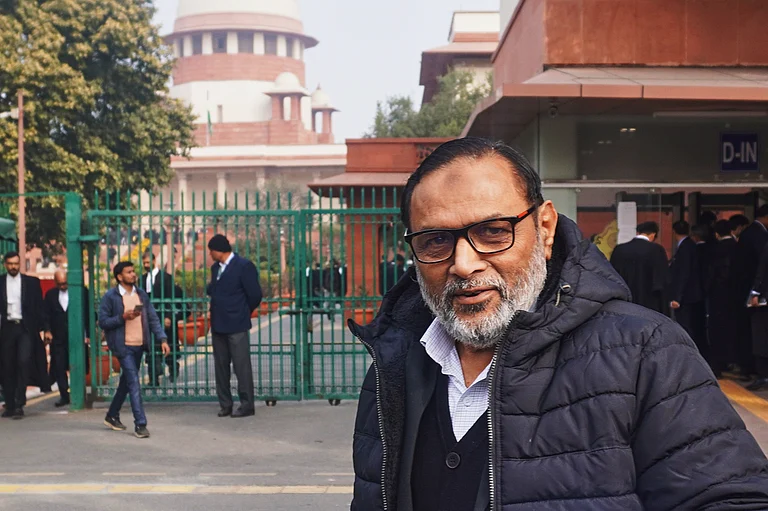Former Delhi University Professor G.N. Saibaba, who has been languishing in jail for the past decade over his alleged links to the banned Communist Party of India (Maoist) and a frontal organisation, the Revolutionary Democratic Front, was acquitted by the Bombay High Court on Tuesday. Noting that the prosecution failed to prove the case beyond reasonable doubt against him and other accused in the case, the court ordered the immediate release of the academician-activist, who is completely wheelchair-bound and 90 per cent disabled.
G.N. Saibaba, who used to teach at the Ram Lal Anand College in the South Campus, was convicted for criminal conspiracy, criminal activity, and for being associated with terrorist organisations in 2017 along with five others. While Saibaba and four others were sentenced for life, a sixth convict was sentenced to 10 years of imprisonment. But on October 14, 2022, a bench of Justices Rohit B Deo and Anil Pansare set aside the convictions in the case, ordering the release of all four men, including Saibaba, while noting that the due process in legal proceedings were not followed.
However, less than 24 hours later, the Supreme Court stayed the discharge order for Saibaba and his co-accused, claiming that the high court did not consider the merits of the case, including the gravity of the offence alleged against the convicts. Several legal experts had then questioned the haste with which the Supreme Court had suspended the high court’s order.
Over the years, social activists and human rights experts including the United Nations Office of the High Commissioner for Human Rights (OHCHR) have repeatedly raised grave concerns about Saibaba’s incarceration without proper medical treatment and demanded his release on medical grounds. According to multiple media reports, he was suffering from 19 separate medical conditions, including post-polio syndrome, pancreatitis and gallbladder stones during his time in prison.

In 2018, the OHCHR issued a statement saying, “We would like to remind India that any denial of reasonable accommodation for people with disabilities in detention is not only discriminatory but may well amount to ill-treatment or even torture. In particular, solitary confinement should be prohibited when the conditions of prisoners with disabilities would be made worse by this measure.” Saibaba was also infected with Covid-19 twice – in January 2021 and in February 2022. But the Bombay High Court rejected his plea for a 45-day medical bail during this time.
As the acquittal order came today, activists and civil society organisations welcomed his release but also raised the question about Saibaba’s loss of liberty and declining health for 10 years. “Who will give back his health to him? The courts ? Shame. How many others have to wait for bail? Who pays the price of loss of liberty without authority of law ?” lawyer Indira Jaising wrote on X.
Apart from GN Saibaba, whose release from jail is still awaited as the prosecution said it was likely to file an appeal in the Supreme Court immediately, several others continue to be jailed in India as political prisoners. Anand Teltumbde, a scholar and civil rights activist known for his extensive work on B.R. Ambedkar’s life and work, had told Outlook’s Snigdhendu Bhattacharya in an interview that Muslims, Dalits and Adivasis are greater in number in jails, both as undertrials and convicts. “It is not entirely attributable to the present regime that has made these communities its main target to consolidate its constituency. This feature has continued from the previous regime,” he had said.
Several journalists, including Rupesh Kumar Singh and Irfan Mehraj, who are known for their extensive reportage on issues of human rights violations, are still behind bars while others have been slapped with various charges including UAPA.
Activist and student leader Umar Khalid, who was arrested in 2020 for his alleged involvement in Delhi riots, has been awaiting his bail hearing in the Supreme Court. “You always remain hopeful that some judge will see through the absurdity of the charges, and set you free. At the same time, you keep cautioning yourself about the perils of nurturing such hopes. The higher your hopes, the higher would be the distance from which you would come crashing down,” Khalid wrote in Outlook’s 2021 issue ‘My Dear Apocalypse’. He recently withdrew his bail plea from the Supreme Court after it was rescheduled 14 times. "This uncertainty...keeps us hanging in a state of animated suspension between hope and hopelessness," Khalid had said.




























